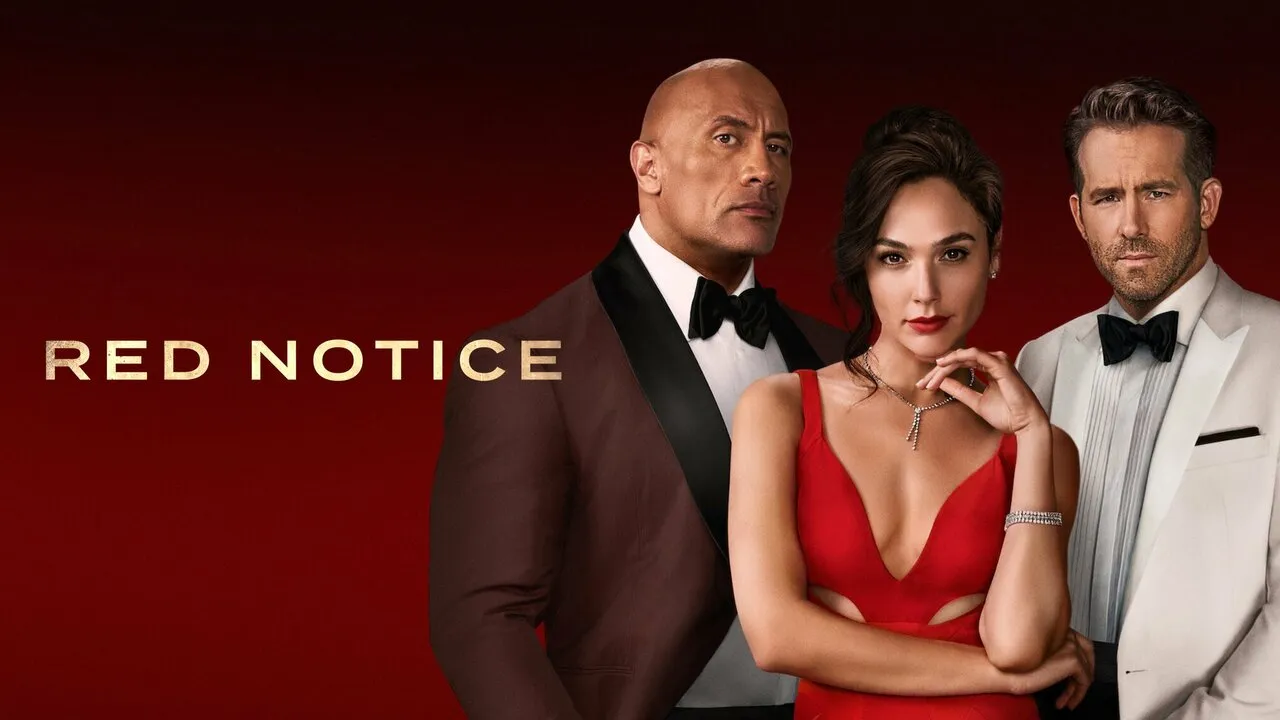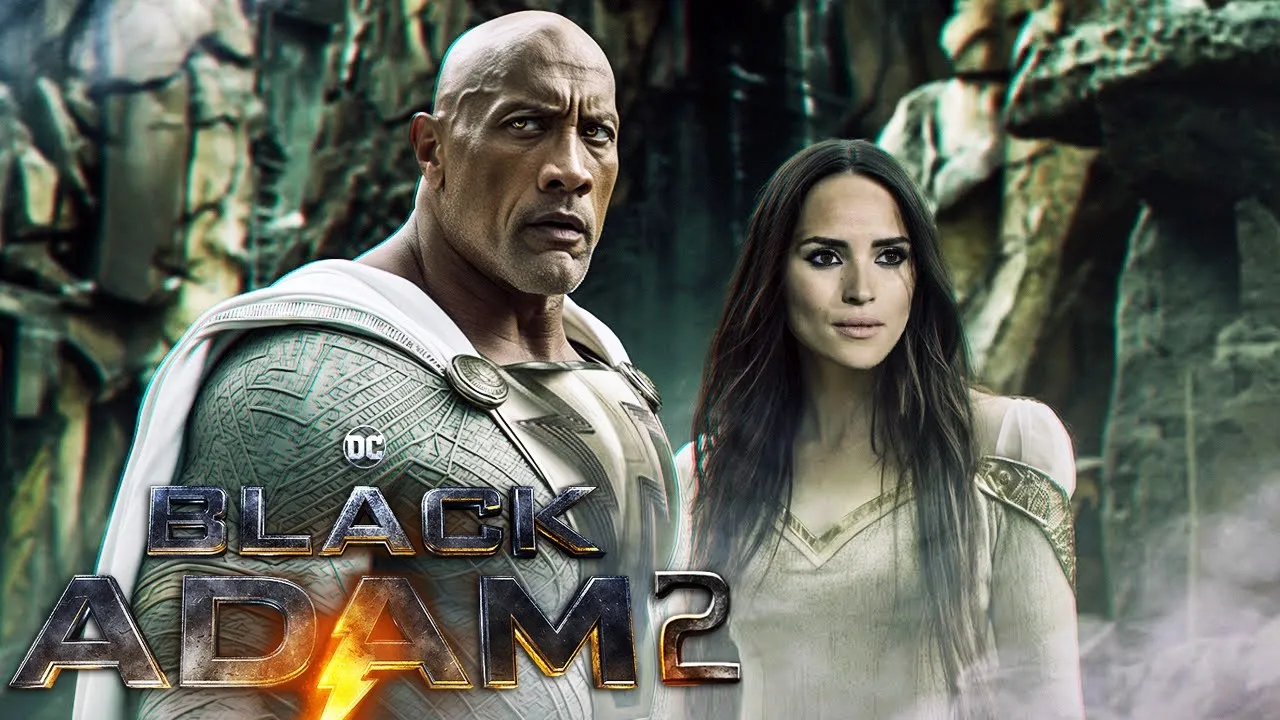He didn’t sell stocks. He sold the dream — and cashed every check it wrote.
The Wolf of Wall Street (2013) is Martin Scorsese’s gleefully unhinged true-life tale of Jordan Belfort, a charismatic stockbroker who rose from penny stocks to obscene wealth by lying, manipulating, and indulging in every vice Wall Street could offer. Based on Belfort’s memoir and brought to life by a career-defining performance from Leonardo DiCaprio, the film is both a celebration and a savage critique of unregulated capitalism.
Jordan starts with ambition and hustle — but quickly evolves into a whirlwind of drug-fueled parties, financial fraud, and a personal brand built on shameless greed. Alongside his equally unhinged partner Donnie Azoff (Jonah Hill), Jordan creates Stratton Oakmont, a boiler room empire built on exploitation. He sells dreams to middle-class investors, then lines his own pockets with their losses.

But the brilliance of The Wolf of Wall Street lies in how it seduces the viewer. Scorsese doesn’t lecture — he hypnotizes. With slick editing, kinetic narration, and breakneck pacing, he pulls you into Jordan’s world, making the audience laugh, cringe, and gasp at the same time. The debauchery is relentless: quaaludes, hookers, private jets, yacht crashes, and more. Yet beneath the chaos is a clear message — the American Dream, when weaponized by unchecked ambition, becomes a monster.
The film explores addiction to power, moral detachment, and the cult of personality. Jordan knows what he’s doing is wrong. He just doesn’t care — because the money’s too good, and so is the applause.

DiCaprio is electric, balancing sleaze and charm, delivering fourth-wall-breaking monologues with manic energy. Hill, equally fearless, brings a grotesque yet hilarious edge. Even as the FBI closes in, and his life spirals into ruin, Jordan never seems to truly lose — which is the film’s most unsettling point.
Critics praised the film’s technical brilliance and performances, though its moral ambiguity sparked debate. Is it glorifying excess? Or holding up a mirror to our obsession with it?

Either way, it ends with a chilling note: the system that created Jordan never really goes away. It just finds a new face.



